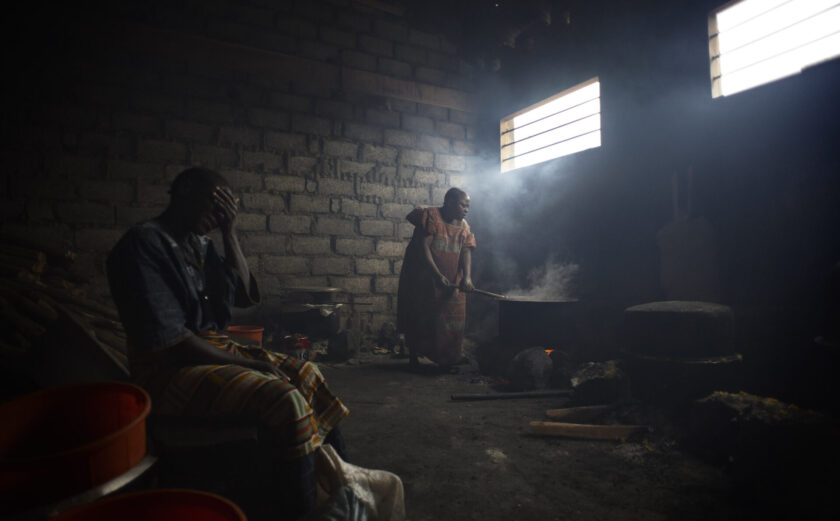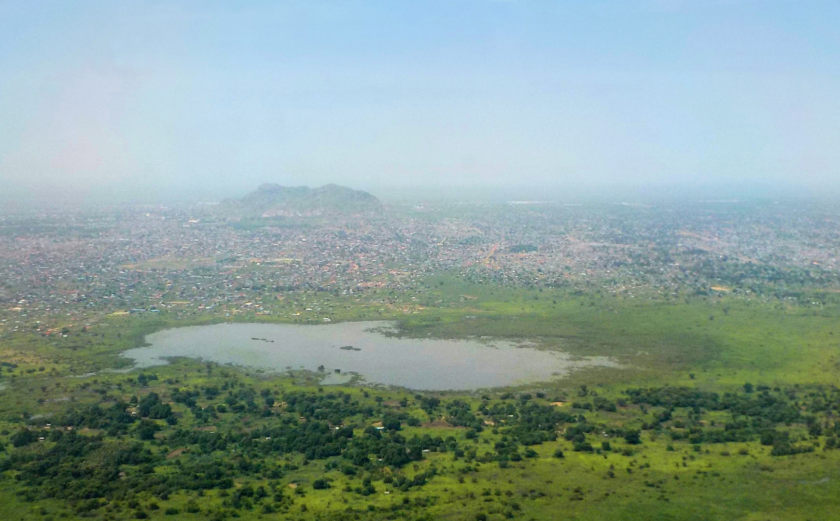
Responding to the Humanitarian Crisis in Afghanistan
Afghanistan Blog Series
Three years on from the Taliban takeover of Afghanistan, the humanitarian situation has deteriorated significantly, leaving over 23 million people in need of shelter, healthcare, education, and livelihoods.
Non-governmental organizations (NGOs) continue to provide lifesaving support to Afghans across the country despite an increasingly challenging operational environment and decreased funding from donors. The humanitarian needs in Afghanistan are only growing and the international community must support effective, sustainable solutions to the ongoing crisis.
Launching the Blog Series
InterAction and its Members are launching the Afghanistan Blog Series to shed light on humanitarian operations in Afghanistan and provide recommendations for how policymakers and donors can support this vital work.
Content overviews for each article can be found below. Links will be added to their titles as the blogs are published.
Humanitarian Response Overview
On August 15, 2021, the Taliban regained control of Afghanistan and ushered in a new era of repression and humanitarian need in the country.
Recognizing the compounding impacts of conflict, displacement, and natural disasters, NGOs have implemented robust services to respond to acute needs including child malnutrition, mental health distress, and gender-based human rights violations. These programs have been reinforced by the development of community centers which provide select health and wellness services while also serving as a hub for information and community building.
This multi-faceted response provides crucial support to vulnerable populations while building community resilience, but humanitarians still face substantial operational challenges. One such challenge is the recent deportation of Afghans from Pakistan, causing 650,000 displaced persons to return to Afghanistan with little notice. Furthermore, natural disasters, such as the October 2023 earthquake in Herat Province, have damaged critical infrastructure and internally displaced many more Afghans. The international community should prioritize the human rights of all Afghans and recommit to supporting the vital work of humanitarian organizations providing lifesaving assistance.
Blog Series Overviews
Afghans in Pakistan: Forced Displacement and an Uncertain Future
Author: Madelyn Johnson, Program Coordinator, InterAction and Ellie Doblin, Program Associate, InterAction
In October 2023, the government of Pakistan initiated an effort to arrest and deport undocumented Afghans despite a non-return advisory for Afghanistan issued by the United Nations High Commissioner for Refugees (UNHCR). In the last ten months, over 650,000 Afghans have been compelled to leave Pakistan and repatriate to Taliban-controlled Afghanistan. Humanitarian organizations have expanded and adapted programming to respond to the substantial needs of deported Afghans but require additional funding and operational support to continue their life-sustaining work.
A Lifesaving Response to Malnutrition in Southern Afghanistan
Author: InterAction Member
In southern Afghanistan, an InterAction Member is operating health and nutrition clinics to provide life-saving interventions for children with severe acute malnutrition and other neonatal illnesses. In addition to providing treatment for children, the clinic helps educate mothers on infant feeding practices and offers counseling and mental health consultations. These efforts help support conflict and poverty-affected families access lifesaving care and utilize health and nutrition services.
The Role of Gender in Afghanistan’s Humanitarian Response
Author: Ellen Bevier, Senior Humanitarian Policy Advocate, CARE
The de facto authorities in Afghanistan have severely restricted female participation in public life, including educational and livelihood opportunities, and women are experiencing increased harassment. Amid this rapidly worsening protection crisis for women, the international community must meaningfully engage women-led organizations to achieve inclusive and sustainable solutions. All stakeholders should safeguard women’s rights and ensure a future where women are full participants in their homes and communities.
Author: Ashley Johnson, Policy Advisor, World Vision
After decades of conflict, instability, poverty, and natural disasters, many Afghans suffer from mental health and psychosocial problems. World Vision Afghanistan’s Mental Health and Psychosocial Support program ensures comprehensive care and counseling for individuals with mental health needs, enabling patients to recover from acute challenges and pursue vocational opportunities.
Restoring Hope: Community Centers in Afghanistan
Author: Ellie Ward, Humanitarian Policy Coordinator, Norwegian Refugee Council
Community centers in Afghanistan serve as vital hubs for displaced Afghans and host communities to access services such as hygiene kits, food assistance, and employment support. The centers focus on addressing immediate needs while also equipping community members with skills and knowledge for the future.
—
For information regarding the blog series or InterAction’s Afghanistan Working Group, please reach out to Mais Balkhi at mbalkhi@interaction.org.









